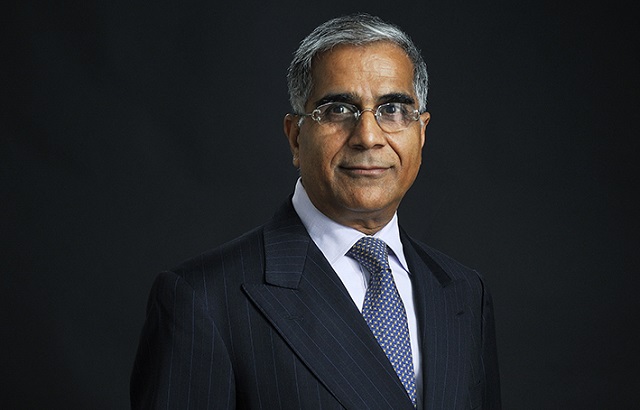As an adviser, I am often exposed to the ongoing debate of term insurance versus permanent insurance as the optimal solution for our clients.
In fact, both of these basic forms of insurance provide protection in the form of a death benefit.
Therefore, when the insured dies, the proceeds are paid to the beneficiaries regardless of whether the insurance policy was term or permanent.
One of the most important arguments for owning a term policy is to protect your mortgage for the term of the loan.
After all, you would not want your family to become responsible for paying the remaining balance installments in the event of your death.
Moreover, term insurance can be a great option for someone starting a new business venture or experiencing cash flow issues, since it covers you for a set term, which often ranges from one to 30 years.
Critical assumptions
However, I do not agree with the argument of ‘buying term insurance and investing the difference’. This proposition is based two critical assumptions.
The first assumption is that you will actually invest the difference instead of spending it and the second assumption is that the performance of the capital markets will stay consistent in the future.
In my experience, most individuals do not have the discipline required to invest the difference.
Typically, term policy is available up to the age of 70-75, although some companies are now offering term insurance until 99. Essentially, dying is a prerequisite in order to benefit from these policies.
If you are fortunate enough to live beyond the term of the policy, your cover ceases with no money payable to you.
To help my clients make the best decision, I ask them a series of questions. The first question I ask is, “Do you want a plan where you get back your money or a plan where you don’t get back your money?” And, of course, most clients answer that they would choose to get their money back.
I also ask my clients if they would like their policy to be in force when they die. Of course, their answer to this question is an obvious “Yes!” The last question I ask is, “Are you planning to die before or after you turn 75?”
Uninsurable scenario
Consider the following scenario. You had purchased term insurance for a period of 30 years. However, you had missed some premium payments due to some unforeseen events in your life, and your insurance policy lapsed.
If you happen to develop diabetes, hypertension or become diagnosed with a serious illness sometime during the 30 years from the time you purchased the policy, the insurance company may refuse to reinstate it.
In this case, you would be without insurance and also uninsurable. In fact, several of my clients have already experienced this scenario first-hand.
On the other hand, the permanent insurance has cash value built up. So, if for some reason you forget or want to skip some premiums, your policy will continue (with some stipulations).
I have had several clients tell me, “I will not need insurance after 65 because I will have saved enough money”.
Or they will give various scenarios where they will not require further insurance. They do not foresee the need for insurance beyond the age of 65 or 70. This is still a high-risk scenario.
Option to cancel policy
On the other hand, if you have permanent insurance and if at 65 you find that you no longer need life insurance, then you could cancel your policy. However, if you still need the insurance, the plan is still there to protect you and your family.
The principle of owning insurance is to be protected from unforeseen events. How could one be sure that the unforeseen events would not happen after turning 65? And then, after turning 75?
Therefore, when the need for protection and security is permanent, a permanent solution is required. Although any permanent insurance plan seems to be more expensive than term insurance at the initial stage, in the long run, it is cheaper and more cost- effective.
‘Until death us do part’
Overall, permanent insurance plans are more flexible and hold more value for the insured.
After all, when Prince Harry and Meghan Markle got married at St George’s Chapel, Windsor Castle, the entire world watched them take their vows: “From this day forward, for better, for worse, for richer, for poorer, in sickness and health, until death do us part”.
Notably, their vows did not include the condition “Up until the age of 75”.
About Ashok Sardana
Ashok Sardana, founder and managing director of the Continental Group, has been advising clients on a range of financial solutions for over 37 years.
He is a lifetime member of the MDRT and a ‘Top of the Table’ qualifier for over 20 years. He is an internationally certified financial adviser from the Chartered Insurance Institute of London and holds a Diploma in Business Management and a BA from Delhi University, India.
Under Ashok’s leadership, the Continental Group has grown from a three-member team providing insurance solutions to over 100 qualified professionals offering complete insurance and financial planning solutions, through offices spread across the UAE, Kuwait, Switzerland and India.
A strong advocate of continuous learning and improvement and also passionate about classic cars. He is married to the same lady for the last 44 years and has one son who has joined the business.








